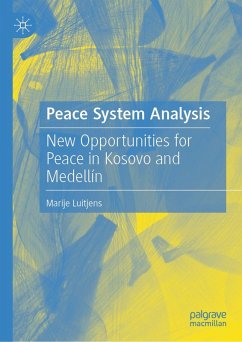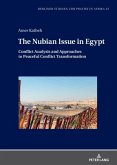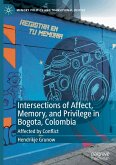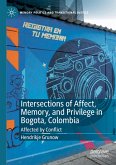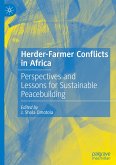This book introduces the Peace System Analysis, a new framework for unpacking the complexity of peace and conflict processes. Drawing on ethnographic research in Kosovo and Medellín, it illustrates how mapping the links between different parts of a peace process helps uncover existing capacities that can reinforce long-term peace. The book argues that many peacebuilding models fail to capture the realities of conflict-affected contexts, before introducing the Peace System Analysis as a tool for examining four key components: 1) local understandings of peace, 2) obstacles to peace, 3) capacities for peace, and 4) trans-scalarity of peace. It then demonstrates its application in both Kosovo and Medellín, revealing hidden dynamics, interconnections, and opportunities for transformation. Bridging theory and practice, this book connects debates on complexity theory, critical peace studies, and peace policy, offering scholars, policymakers, and practitioners fresh insights and strategies for building peace.
Bitte wählen Sie Ihr Anliegen aus.
Rechnungen
Retourenschein anfordern
Bestellstatus
Storno

